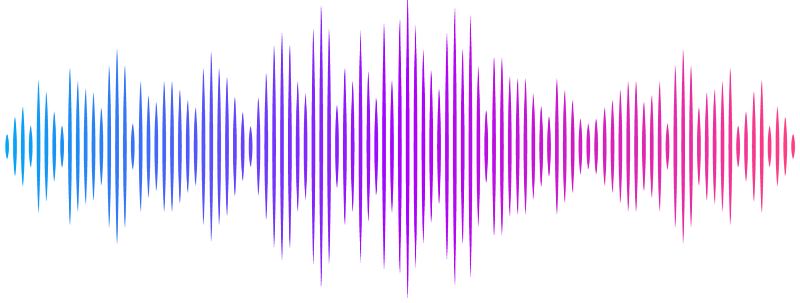Disturbance of the Sense of Agency in Obsessive-Compulsive Disorder and its Modulation by Social Context

Disturbance of the Sense of Agency in Obsessive-Compulsive Disorder and its Modulation by Social Context
Roth, M. J.; Lindner, A.; Fallgatter, A. J.; Wittorf, A.; Jusyte, A.
AbstractExecuting precise actions and perceiving them as one\'s own is a fundamental ability underlying the sense of agency (SoA). The SoA thereby heavily relies on the accuracy and reliability of forward models, capturing sensory movement consequences. Impairments thereof thus represent a promising candidate mechanism contributing to cases of SoA pathogenesis. In obsessive-compulsive disorder (OCD), for example, the feeling of control over one\'s actions is perturbed: Compulsive actions are often experienced as uncontrollable and performed without conscious awareness. At the same time, compulsions can be coupled with an inflated sense of illusory control for uncontrollable events. Here we studied self-action perception in virtual reality with and without veridical or rotated visual feedback about subjects\' pointing movements to test whether patients\' internal forward models are indeed less reliable compared to controls. Interestingly, OCD patients did not exhibit deficits in their accuracy and reliability of motor performance and self-action perception in the absence of visual feedback, suggesting intact forward models. Nonetheless, OCD patients weighted rotated visual action-feedback significantly stronger perceptually. Furthermore, they adapted their movement to this false feedback on a trial-by-trial basis. Finally, increasing the social relevance of action consequences led to stronger feedback weighting in all participants while this effect increased with the strength of OCD symptomatology under conditions with strongest social relevance. We suggest that internal forward models are equally reliable in OCD but their weight is pathologically decreased leading to patients\' overreliance on explicit visual action-feedback and, more generally, to their over-attribution of unrelated events to themselves.


